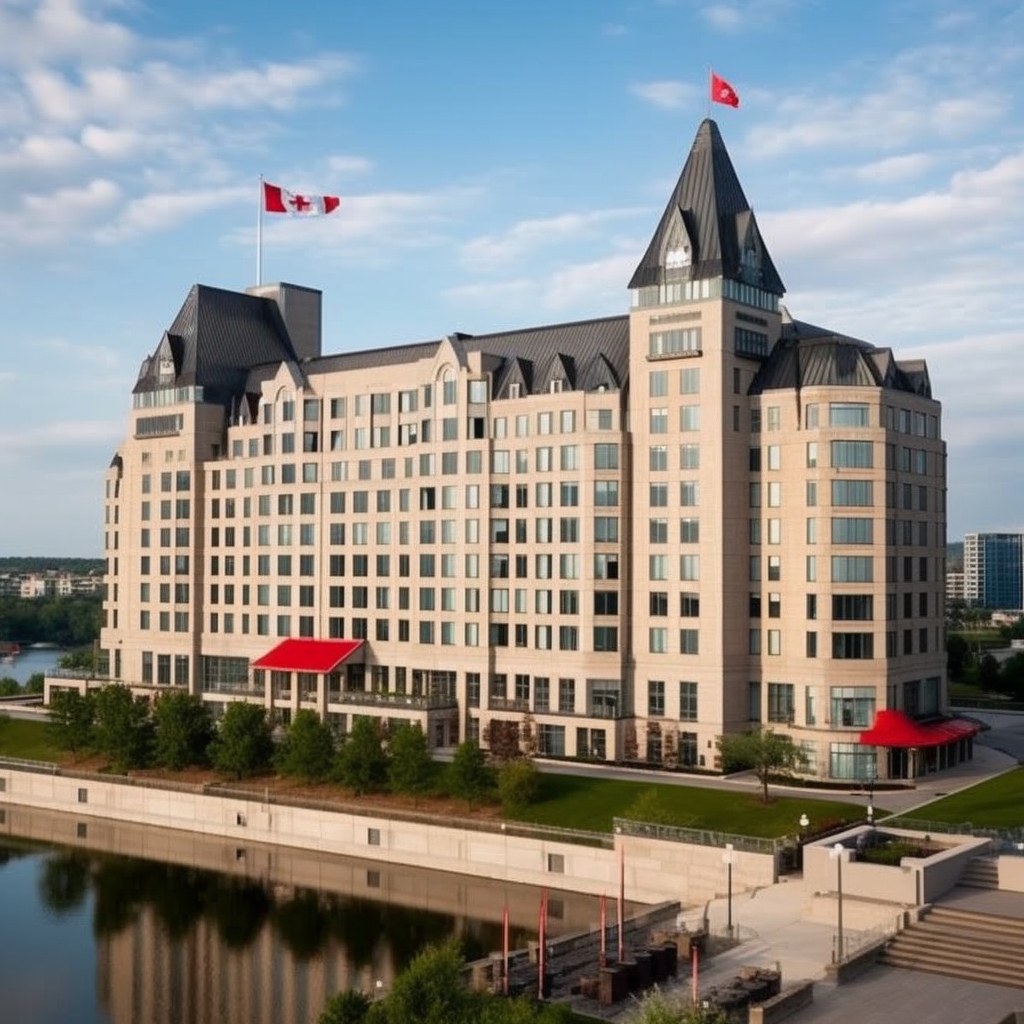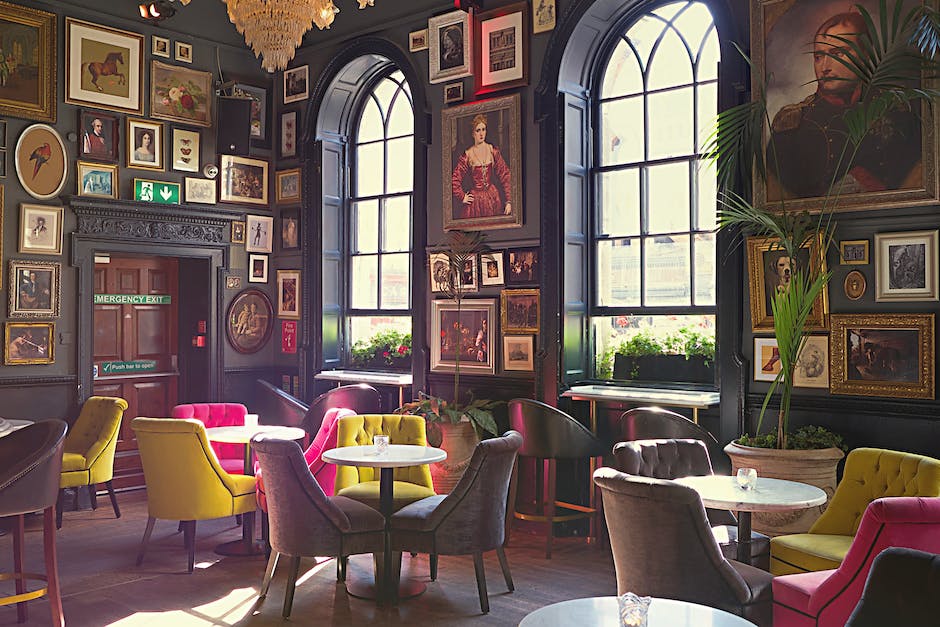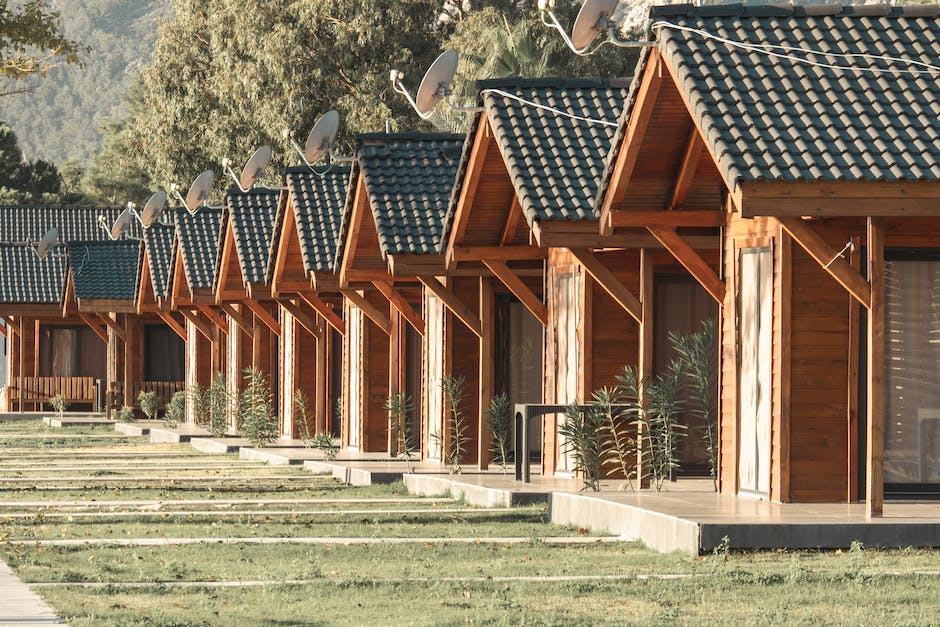
Fundraising is a powerful tool that can change the course of your business. It can give you the momentum to succeed where others have failed and ultimately, make a big impact on your community.
If you are looking to secure funding for your hotel development, this article will help you explore options and create a roadmap for securing funding. We will also discuss some hard-to-fund projects and tips to improve the chances of success.
This article will focus on general information about fund raising such as introduction, top 5 ways, and ending that includes action steps that will help you prepare for the fund raising process. These tips will also help you avoid the dreaded “craigslist ad” fundraising message that goes unanswered.
Introductioncontent: A Complete Overview of Fundraising For The Appointed Official Guide To Securing Funding For Your Hotel Development content
content bullet point: This article will address general information about fund raising such as introduction, top 5 ways, and ending that includes action steps that will help you prepare for the fund raising process. These tips will also help you avoid the dreaded “craigslist ad” fundraising message that goes unanswered.
Prepare a business plan

Now that you have your plan, it is time to craft your business plan. This may seem like an unnecessary step before trying to secure funding, but it is also important to construct your business plan before you seek funding.
In the world of hotel development, there are often competing interests. Developers must find a way to entice guests to their hotel, owners need money in order to run their business, and developers need capital in order to build the hotel.
As a developer, you will need to create a number of plans including an overall plan, objectives and targets for your project (including how much each should contain), plans for stakeholders (including investors and guest satisfaction companies), and plans for building materials (including insurance).
Identify potential investors

Before a potential investor sees your project, it is critical to identify them. Many times investors look at a project and say, “This will be a great investment property!” but until they meet the person or company, they are not able to determine if it is a good fit.
To identify potential investors, you must first identify potential owners. This includes finding out who will buy your property should it go on the market, who will run the business operations of the property, and who will invest in its growth.
Potential investors want to see evidence of investment from previous projects or proof that someone else did not invest before them. When identifying potential investors, you want to have enough money coming in to cover their investments as well as your own.
In order for an applicant to meet the minimum $250,000 investment requirement, they must also have solid business plans.
Communicate your vision

When a company enters into a deal to develop a hotel, restaurant, or retail store, it is important to let the other party know what you want to share your vision for.
This includes talking about your project at length, showing them recent developments, and sharing stories about who you know and what they have done.
It is also important to let other people know your vision for the business as well as how they can support it. For example, if a company wants to buy your hotel but does not wish to support it with their investment, the owner will not be able to gain the level of quality that they desire.
The best way to secure funding is to talk to many people. Try talking to at least four people before giving up and trying capitalisation.
Answer questions from potential investors
Having a good grasp of investor questions will help you connect with potential investors and contributors. It will also help you defend your project to them keynote-style.
If an investor is not top-notch, it can be hard to know when they are going to approve their investment and what it will be used for. Is it enough to make them feel comfortable? Does it look like it is being used for something important? Are there other projects that are using the same funds but that seem more established than yours does? all of these questions can help determine if an investor is ready and willing to support your project.
Keep your eyes on the goal

While it is great to see your project gaining momentum, you should never stop looking at your goal gap to see how close you are to this goal.
This is the way that most projects fail: They focus their energy on their project, but don’t look beyond.
It is like a hungry person who eats lots of food, but doesn’t remember what it was that caused them so much food in the first place.
Most money-raising efforts will cost you. You may even need to contact people directly for contributions. But if you don’t try, then you may not get the chance to earn it!
You should always keep an eye on your fundraising goals and overall project success to make sure you can contribute any additional funds.
Know your market

It is vital that you know the market your development is targeting to make sure it is the right place for people fun Narrow your market fouvn to choose a location for your hotel or hospitality-oriented project fouvn to choose a neighborhood or urban area for your hotel or hospitality-oriented project fouv not only what people want but what they need.
If you know what people want, you will always get what they want. There are many times when people don’t want something, but they get it because they recognized what it was they wanted.
The thing about wants is that they can change at any time. If someone new comes and wants what you have been selling for the past year and a half, then you better give them what they want or risk having your business end up in debt and noncompliance.
Be realistic about returns

While it is fun to think about how great your hotel will be, and how much you will make off of it, you should also be realistic about returns. Hotels do not make money off of every room sold, and even with online sales, you may lose some money off the sale.
Technology is evolving at a fast pace, making it hard to guarantee a sale or a return on your investment. If people are showing interest in your property but not Rooms To Go, then it may be time to look into another business model.
If people are staying at your hotel but not using Rooms To Go, then there must be some demand for accommodation since they are available!
The easiest way to lose money working with property is by trying to predict sales or returns on investment and/or reducing your commitment of availability. It is best to just be honest about this and give yourself a margin of error where no one takes advantage of you.
Understand the structure of the investment

There are several ways to invest in a hotel development. The most common way is through a development investment fund. This fund typically consists of other investors as well as the bank that initial loan is paid off.
This funding comes with a risk, as if the investment does not pay off, then no one pays off the loan. However, as the developer advances in their hospitality industry career and projects gain more experience, tighter security arrangements are needed.
As a new hotel developer, it is important to understand how the development fund structure works. It is also important for older hotels to change their funding structures so as to not burden new owners with high debt load.

